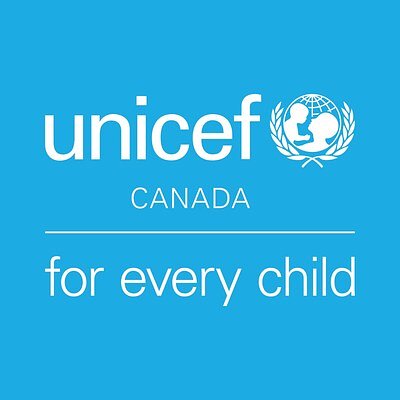
Youth Demand Action as Canada Slides on Child Well-being Rankings
A new UNICEF report reveals Canada's declining performance in child welfare, prompting youth advocates to urge Ottawa for a national strategy addressing poverty, healthcare, and climate change.
Youth Demand Action as Canada Slides on Child Well-being Rankings
OTTAWA, ON – November 20, 2025 – A chorus of youth voices echoed through the halls of Parliament today, demanding urgent action to address a concerning decline in child well-being across Canada. The call came as UNICEF Canada released a new report card placing Canada 24th out of 37 high-income countries in overall child welfare – a significant drop from previous rankings and a stark warning about the state of childhood in this country.
A Concerning Trend: Canada’s Declining Ranking
The report, unveiled at UNICEF Canada’s annual Youth Advocacy Summit coinciding with National Child Day, paints a sobering picture. More than one in five Canadian children now live in poverty, a statistic that has worsened in recent years despite being a nation with significant resources. While Canada once held a stronger position, falling behind other developed nations signals a systemic failure to prioritize the needs of its youngest citizens.
“The numbers are deeply troubling,” said a representative from Campaign 2000. “We’ve seen gains eroded over the past few years, especially following the pandemic. Temporary supports were lifted, inflation soared, and families are struggling to make ends meet. The Canada Child Benefit, while helpful, is no longer sufficient to counteract these forces.”
The report highlights a complex web of factors contributing to the decline. Access to quality healthcare, affordable housing, and adequate nutrition remain significant barriers for many families. The increasing impacts of climate change, coupled with rising inequality, further exacerbate these challenges. The report also cites a worrying rise in reported cases of child loneliness and bullying, demonstrating that emotional and mental well-being are also at risk.
Youth-Led Advocacy: The ‘Reimagine Playbook’
Today’s summit saw over 100 youth leaders present the ‘Reimagine Playbook’ – a set of policy recommendations directly addressing these concerns – to government officials. The playbook, the culmination of months of research and consultation with young people across the country, calls for a comprehensive national strategy to improve the lives of Canadian children.
“We’re tired of being told our voices don’t matter,” said a youth advocate presenting the playbook. “We are the future, and we deserve a future where all children have the opportunity to thrive. This isn’t just about charity; it’s about ensuring that every child has access to the basic necessities and opportunities they need to reach their full potential.”
The ‘Reimagine Playbook’ outlines specific recommendations in four key areas: equitable access to healthcare, inclusive governance, quality education, and urgent climate action. Youth advocates are particularly concerned about the lack of affordable mental health services for young people and the growing impact of climate change on vulnerable communities. The playbook stresses the importance of engaging youth in decision-making processes and ensuring that their voices are heard at all levels of government.
Beyond the Numbers: The Economic Cost of Inaction
While the moral imperative to protect children is clear, experts argue that addressing child poverty and improving child well-being is also a sound economic strategy. “Investing in children is not just the right thing to do; it’s the smart thing to do,” said an economist specializing in social policy. “Children who grow up in poverty are more likely to experience health problems, struggle in school, and face barriers to employment. This creates a cycle of disadvantage that costs society billions of dollars each year.”
Investing in early childhood education, healthcare, and nutrition can yield significant long-term benefits, including improved educational outcomes, increased productivity, and reduced healthcare costs. A healthy and well-educated workforce is essential for economic growth and innovation. Addressing child poverty is not just a matter of social justice; it’s an investment in Canada’s future.
“We need to shift the narrative,” said a representative from Children First Canada. “We need to recognize that children are not just recipients of care; they are drivers of economic growth and social progress. Investing in their well-being is the best investment we can make.”
A Call for Urgent Action
The message from today’s summit was clear: Canada is falling behind on child welfare, and urgent action is needed. Youth advocates are calling on the government to adopt a comprehensive national strategy, prioritize investments in children, and engage young people in decision-making processes. They are demanding accountability and a commitment to ensuring that all Canadian children have the opportunity to thrive. The ‘Reimagine Playbook’ offers a roadmap for achieving this goal, but it will require a concerted effort from all stakeholders – government, civil society, and the private sector – to turn vision into reality.
